The Australasian New Car Assessment Program, better known as ANCAPtoday released the results of a new crash test that appears to be of little use considering it concerns a four-year-old model that the taxpayer-funded association already knew would not achieve the highest rating.
The test is estimated to have cost around $750,000 and resulted in an ANCAP blow Hyundais best-selling model worldwide, the i30 Sedan (elsewhere known as the Elantra and Avante), with a three-star safety rating.
This was essentially a test of a vehicle first released in 2020 to 2024 standards, which were unknown at the time of the vehicle’s design and production.
Upon release in 2020, the Hyundai i30 Sedan received a Top Safety Pick rating from the Insurance Institute for Highway Safety (IIHS) in the United States and a five-star crash rating from the South Korean ANCAP equivalent; the vehicle is not sold in Europe so Euro NCAP has never tested it.
According to ANCAP CEO Carla Hoorweg, the Hyundai i30 Sedan was now tested because “the addition of the hybrid powertrain this year increases consumer interest”.
However, the hybrid and combustion engine variants of the i30 Sedan are technically almost identical in a crash test, as ANCAP itself admits.
The three-star rating does not apply to the i30 Sedan N, which is not rated, along with petrol versions built before June 2023.
ANCAP has given the i30 Sedan an adult occupant protection score of 71 percent, a child occupant protection score of 81 percent, a vulnerable road user protection score of 62 percent and a safety score of 56 percent.
Interestingly, ANCAP has not decided to apply its own logic when testing other now popular hybrids by modern standards, such as the Toyota Corolla Hybrid.
Toyota’s model is significantly outselling the Hyundai i30 Sedan hybrid and was given a five-star rating after testing in 2018, which expires in just over a month, due to ANCAP’s six-year shelf life policy.
Despite the organisation’s general irrelevance in our market – due to much wider and more extensive testing in Europe, Asia and North America – many Australian fleet operators are required to only purchase vehicles with a five-star ANCAP rating.
It’s a position that countless industry fleet organizations have told us is unsustainable in the long term.
But is the Hyundai i30 sedan actually unsafe?
ANCAP now considers any vehicle that does not meet the strict criteria of constant screeching as potentially dangerous. According to the company’s own press release, “the performance of Safety assistance limited the i30 Sedan to three stars”.
In other words, it doesn’t beep enough while driving.
ANCAP’s actual crash test results show that the Hyundai i30 protects its occupants quite well in an actual crash, with scores of 7.37 out of 8 for the adult side impact test, 5.13 points out of 6 for the adult dynamic test and 15 .46 out of 16 for the child dynamics test.
With its latest publicity stunt, ANCAP is apparently trying to show that Hyundai should have updated a vehicle released in 2020 to 2024 standards for the Australian market only.
To put that into context, figures from Hyundai’s annual sales report show that roughly 275,000 units of the i30 Sedan/Elantra/Avante were sold globally in 2023 – with only about 3000 coming to Australia last year.
Given that other markets had already given the i30 Sedan a top rating when it was first released – and tested it to the standards for which it was designed – ANCAP’s latest crash test seems like another colossal waste of taxpayers’ money with no net benefit to the public. Australian consumer.



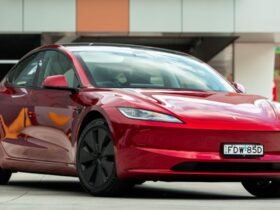
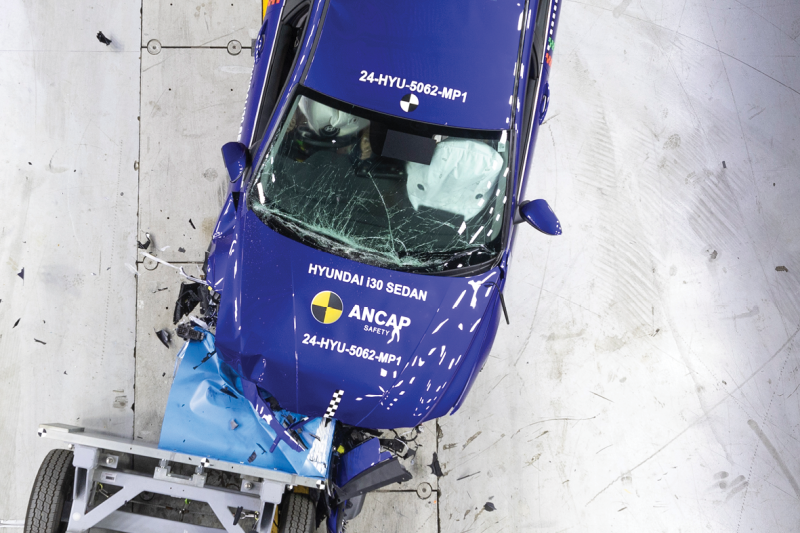
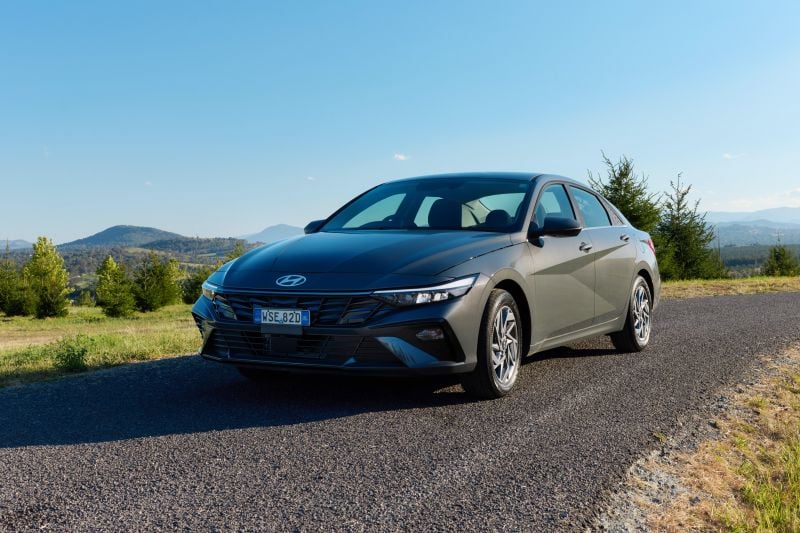




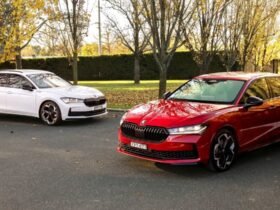
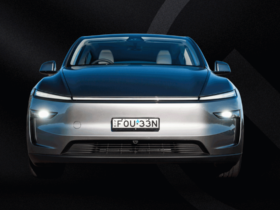



Leave a Reply